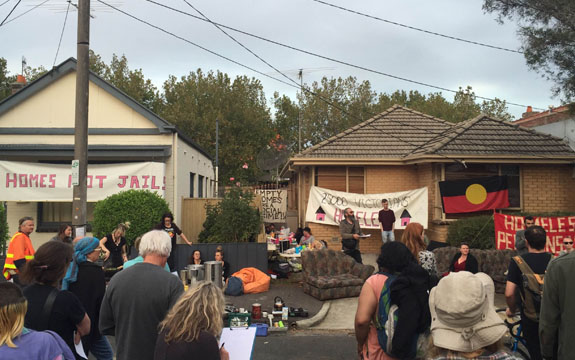Short term funding restricts support for homeless Indigenous Australians

In Summary
- Funding arrangements make it difficult for support services to provide Indigenous homeless people with the most appropriate assistance
- No government programs specifically target supporting homeless Indigenous people or those at risk of homelessness
- Policy changes have had a major impact on service provision
Indigenous Australians experience homelessness at a rate 14 times higher than non-Indigenous Australians, yet current funding arrangements are making it difficult for support services to provide Indigenous people with the most appropriate assistance, a Swinburne co-authored report has found.
The report published by Australian Housing and Urban Research Institute (AHURI), examines a range of services—mainstream, Indigenous-specific, homelessness specific and key groups such as youth and people experiencing domestic and family violence—in Northern Territory, Queensland, New South Wales, Victoria and Western Australia.
The research found that no government programs specifically target supporting homeless Indigenous people or those at risk of homelessness, despite their being significantly over represented in the homeless population.
Indigenous Australians make up around 2.5 per cent of Australia’s population, but around 9 per cent of Australia’s homeless population.
Policy changes and uncertainty created by short term funding arrangements have had a major impact on service provision and outcomes for Indigenous people.
Homelessness support services reported that this has led to operational inefficiencies, an inability to innovate, service cuts and problems in attracting and sustaining staff.
“While almost all of the organisations we interviewed received small, additional types of funding or support, such as donations of goods, philanthropic grants and cash donations from community members and fundraising activities, most were cautious about further pursuing funding from diverse sources,” lead author, Swinburne’s Dr Angela Spinney says.
“The time taken by staff to source such funding gets in the way of good service delivery.
“As a consequence, Indigenous Australians who are homeless or at risk of homelessness may not be receiving support that is best suited to them or is culturally appropriate, and this is likely to reduce the effectiveness of services.”
The final report from the Inquiry is available from the AHURI website.

